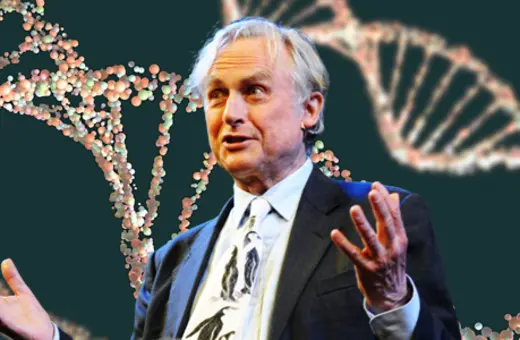The longevity industry has the ability to transform biology, append the body, overcome disease, and slow down aging. Its critics argue that this science only benefits the privileged, that it put humans above other life-forms and that it lacks ethical principles. These heavy-handed allegations ignore the vision and values at the core of this complex movement, argues Natasha Vita-More. Read 'The irrationality of transhumanists' here.
Many consider extending life beyond the maximum lifespan to be unnatural. Despite this, biomedical research is advancing in the prevention, diagnosis, and treatment of disease with new therapies for preserving health and extending life. Rather than turning a blind eye, society needs to be informed about these advances and to understand their benefits and consequences.
Transhumanism is a philosophy and a worldview which advocates for the ethical use of technology and evidence-based science to improve the human condition and alleviate suffering. The fundamental condition of humanity is twofold: One aspect is the vulnerable biology and aging cells which cause disease. The other is the unequal social barriers which leave people unhealthy and impoverished. Transhumanists have made influential contributions to the fields of science and technology and provided foresight about artificial intelligence, nanotechnology, and biotechnology. Transhumanists have also produced visionary ideas about the potential benefits and existential risks of science. Understanding risks is central to Transhumanism’s philosophy and is on par with its futuristic vision of human evolution.
As a global society and within diverse governing structures, people ought to have the right to determine how they want to live.
Criticizing longevity by politicizing it as a socio-economic privilege is misleading. And those opponents who suggest that transhumanism wrongly favours humans over other life-forms further misunderstand the transhumanist vision. These heavy-handed, mistaken mindsets ignore the overriding transhumanist respect for human potential and for the future. Rather than react to exaggerated fears, the transhumanist approach over a span of 40 years has been to respond to the qualified, serious fears with qualified, serious investigations. The best defense is knowledge—a powerful offence that engages a mindfulness about humanity’s future. This characteristic of practical optimism, along with the erudition of many transhumanists in their respective fields, has accelerated the worldview of transhumanism as a largescale movement.
Transhumanist advocacy for health and longevity will benefit all people and the symbiotic ecology of all life systems. As a global society and within diverse governing structures, people ought to have the right to determine how they want to live, for how long, and if they want to opt in or out of biomedical anti-aging therapies. The decision-making regulations must be impartial, equitable, and include a person’s legal ownership of body and mind. While these might seem to be questions for the distant future, in truth these issues are current because AI is already being used in medicine and anti-aging databases. This immediately triggers concerns about privacy and makes the right to bodily ownership an imperative and immediate concern.
The Principles of Transhumanism
I suggest that transhumanism offers accountability at its core, as it proposes life-promoting principles and values. Transhumanism recognizes the need for inclusivity, plurality, and continuous questioning of our knowledge, as we are a species and a society that is forever changing. While transhumanists do have some varied epistemological and metaphysical views, we all agree that science and technology, when used wisely, will improve our lives. In recognizing diverse characteristics of humanity, and that sapience may take other forms, the transhumanist framework suggests principles and rights such as the Proactionary Principle, new strategies for understanding risk, and the right of morphological freedom.
Morphological freedom



















Join the conversation